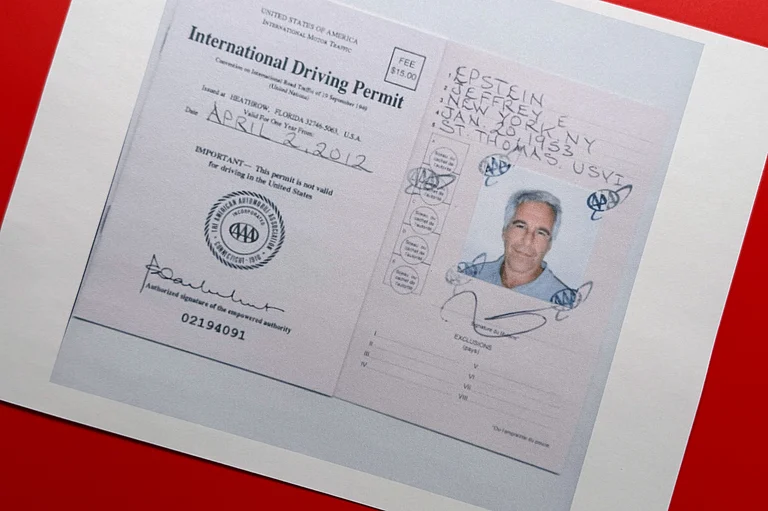Unlike others, who made their economic choice first, we made our political one first. We now need to learn to live with its economic consequences. Our choice has entailed a cost, expressed by the need to exclude as few as possible from the consumption basket. Necessarily, this has meant a premium on equity over efficiency as defined by economics. Politics, therefore, has played a dominant role and economics is still as much a hostage to political whimsy as it was in 1991. That, indeed, is why only politically costless reforms have been carried out.
The key political economy issue in the short term is the redistribution of income and the measures that are needed to ensure that the burden of redistribution is shared, at least apparently, in equal measure by all agents in the economy and sections of society.
Two types of dangers are, therefore, ever present: the deadweight costs of the bureaucracy charged with administering the task of redistribution and the chance that, as incomes from investment are arbitrarily re-allocated, investment will be insufficient to lead to higher growth. This, certainly, has been the Indian experience.
The problem is compounded by the fact that the ‘more’ democracy you have in a country with a very large number of poor people, the higher is the need for redistribution and, perversely therefore, the higher the incidence of both types of costs mentioned above. This, too, has been the Indian experience.
Is there a way of reducing these costs? Only if society as a whole agrees to exclude a large number of people from the consumption basket. But such exclusion would increase poverty in the short term and, therefore, perversely, it would also increase the need for redistributive policies as well.
The rope on which our governments walk is therefore a very, very tight one. By all means censure them, especially when they milk the system for the private gain of the members of the government.
But have some pity on them as well.
t.c.a. srinivasa-raghavan | Consulting editor, Business Standard


























